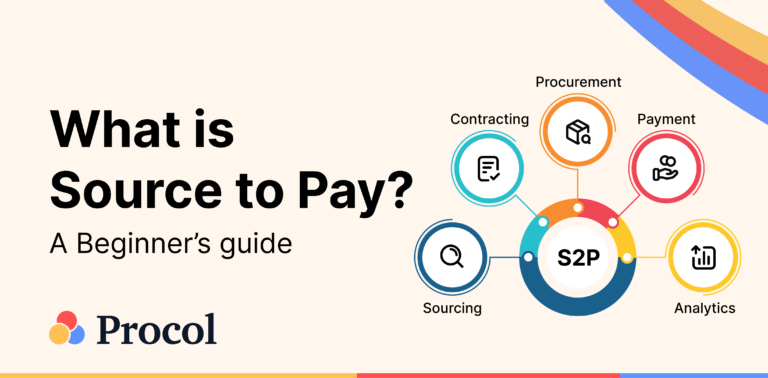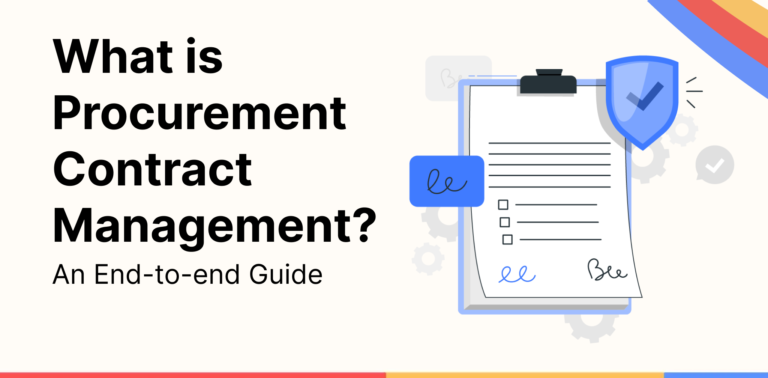What is Contract Compliance ?
Contract compliance can be defined as an observance to the standards and guidelines established in a contract. Companies frequently entail periodic assessments for existing agreements to check for deviations and assess compliance in respect to the set rules and standards.
Contract compliance is a crucial component of a business’s risk management strategy because it ensures that all parties involved in a contract—suppliers, customers, and employees—adhere to its terms and conditions. This safeguards a company from forgery, corruption, and careless expenditure.
Planning, implementing, measuring, and continually improving compliance are constant processes. Businesses can increase contract compliance by automating and streamlining some of the most tedious components of this obligation with reliable contract management software. Contract compliance can result in savings and offer insightful information about procurement procedures.
Why is Contract Compliance Important?
Every contract management plan must include contract compliance and an efficient compliance system which can help your company in many ways.
- Breaking compliance requirements might damage your company’s brand and harm the relationships you’ve established.
- Regulations are typically established to establish trust and protect the parties to a contract. If your contracts fall short on these, that confidence may be destroyed.
- There is a chance of losing money and time. In case of a contract violation or failure to comply with the law, poor contract compliance exposes parties to fines, penalties, and damages.
Effective contract compliance procedures can eliminate various hazards, including harm to one’s reputation, legal trouble, and a terrible customer experience. Your company must ensure proper contract compliance from the start.
What are the Challenges in Contract Compliance?
Several issues that frequently arise in workflows for contract compliance include:
- Time intensive for legal teams
Contract compliance is demanding, especially for companies managing high-risk, high-volume contracts. It takes a lot of time for in-house legal teams.
Since the job demands meticulous attention to detail and a thorough grasp of regulatory standards, it is often handled by busy legal teams who are knowledgeable in the field. This can easily take up too much of the legal department’s time and keep them from working on more critical activities.
- Lack of supervision
Finding the right balance between not taking up too much legal’s time and making sure that contracts are solid can be challenging. Establishing and maintaining a successful approval system for expanding organizations with limited resources can be difficult, especially in the absence of contract automation tools and under time pressure.
- Version control is lost
It can be challenging to track which contract is the final version and needs to be reviewed when several copies of the same contract are floating about. Legal and commercial teams are more likely to overlook crucial information and commit expensive errors when inadequate communication is present, especially if the incorrect copy of a contract is given for review or approval.
- Adaptive standards
The continually shifting regulatory environment only makes contract compliance challenges more difficult. People in charge of contract compliance must stay current with the continuously shifting expectations of compliance because regulations are continually being added, changed, and superseded.
Creating Contract Compliance
Compliance with contracts maintains your business practices compliant with the established internal and external standards. Here are quick steps to remember while drafting contract compliance:
- It involves drafting a solid contract with a series of compliance requirements.
- You must create a mechanism to gauge the contract’s overall compliance. Both small and large audits are handled dynamically by this system.
- A plan and strategy keep your operations on track while being adaptable enough to modify or improve.












